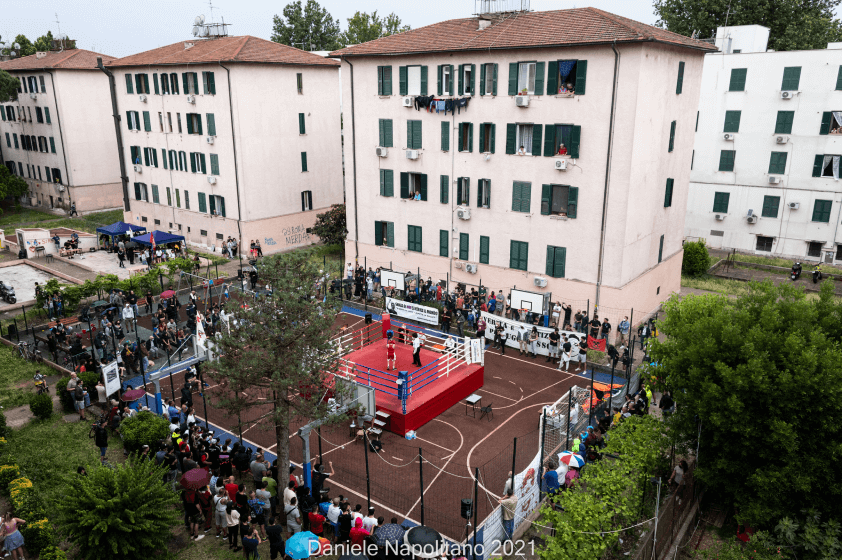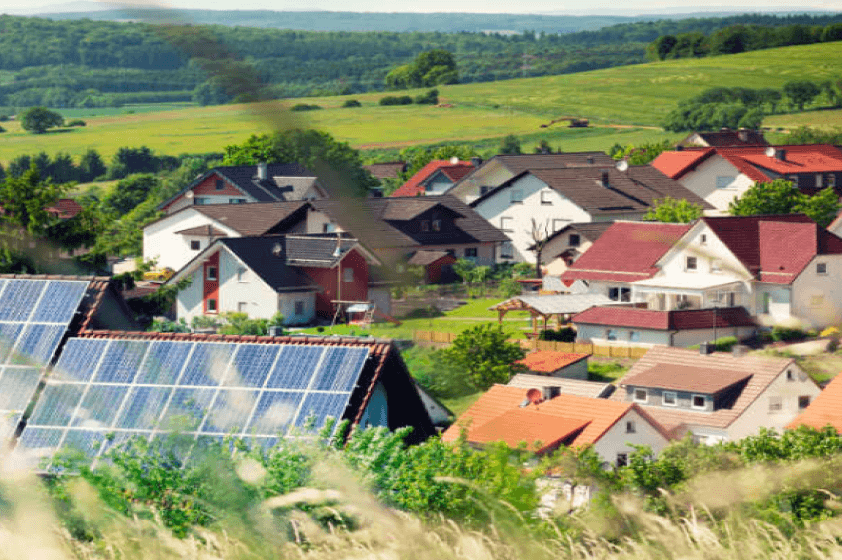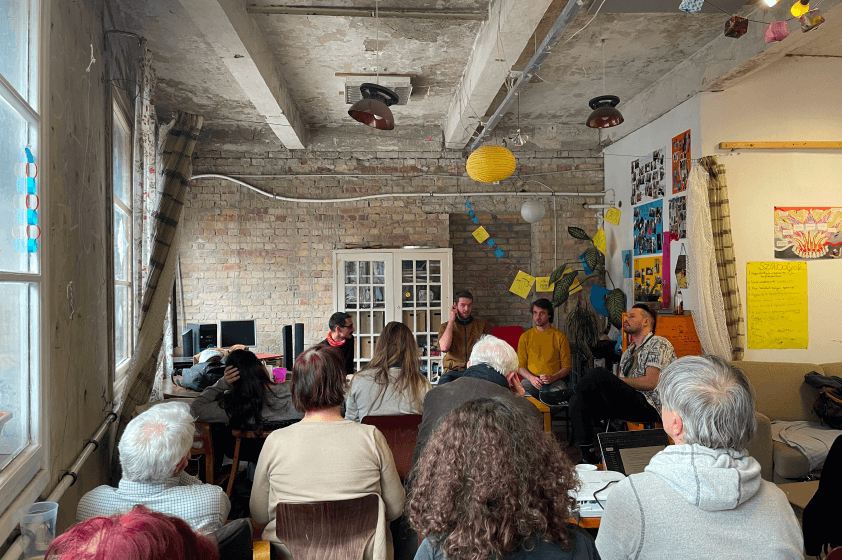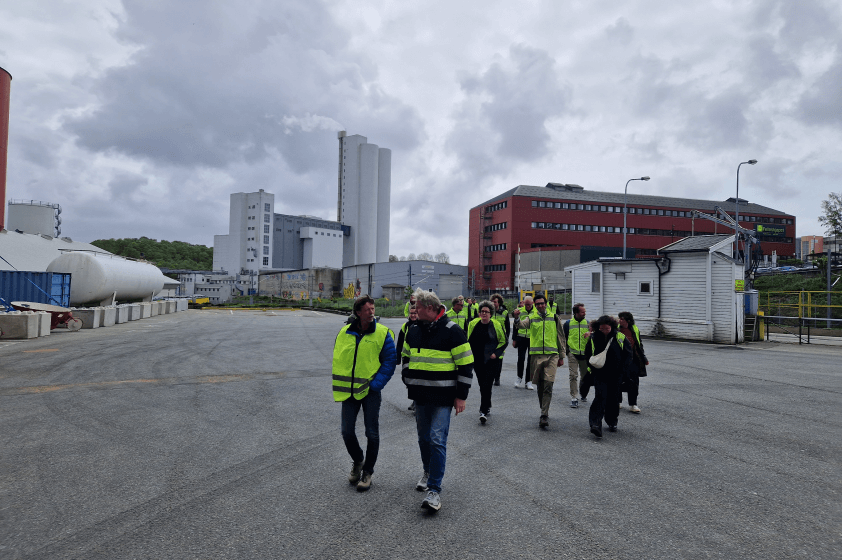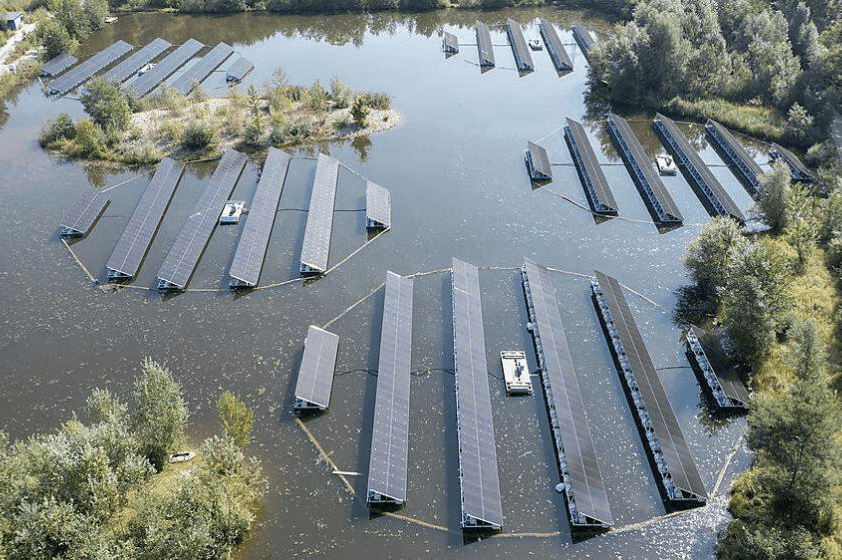This pilot concentrates on a disused school building to be converted into social housing units.
What are your aims?
Energetic refurbishment and transformation of an unused school building into social housing units. We aim to make the building an integral part of the locally developed positive Clean Energy Districts within the ASCEND project, to accelerate the deployment of positive clean energy districts (PCEDs). Specifically:
- the complex refurbishment of a former school building into collective social housing with PV installations
- establishing charging points for municipal fleets and public users, the development of „school streets”, deploying traffic calming measures on school roads etc.
- creating citizen-centric solutions with the support of the recently established Climate Agency
and many more smaller scale aims.
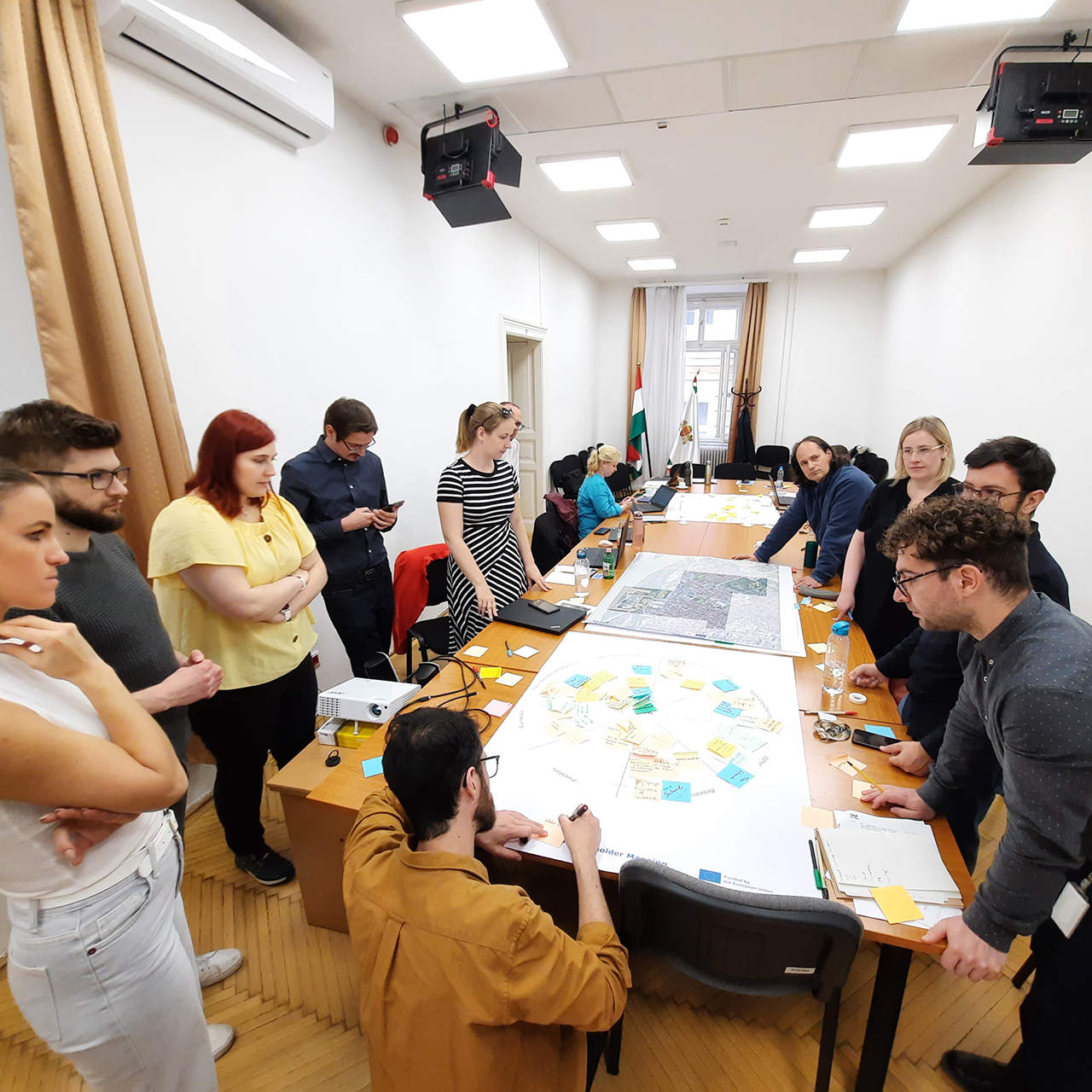

How would you describe the context of your pilot? (How is your pilot unique, different from others?)
The concept of PED development is relatively new in Hungary. We investigated its validity in the ATELIER project, and through the ASCEND project we are implementing our knowledge, and are planning to realise an actual PCED area in the 4th District of Budapest. The Megyeri School is an integral element of this area, and possibly an energy community in the future. With its PV installation and energetic refurbishment, the building can function as a centre for the establishment of a local energy community, and draw nearby public and private buildings into the initiative.
What are your main messages you want stakeholders to know about your pilot?
Because the project aims to learn a lot through its development, and because it is still in its early stages, it is difficult to identify ‘main’ messages but theyy will encompass the following activities and goals:
- The refurbishment of an old school building into a social housing unit, with low energy use and green energy production.
- The investigation of the possibility, methodology, local view of setting up energy communities in the 4th district
- Testing the validity and applicability of PCED development
What are or will be the challenges of this pilot and why?
Our challenges will be the involvement of the local stakeholders, and to set up an energy community with varied actors from different backgrounds, while facing economic, regulatory, and technological challenges.
We also faced challenges in defining the concrete area of the planned PCED. In addition, the acquisition of relevant data that could inform the investment and planning is lacking.
Gaining sufficient funds given the project’s extent.
Finding a balance between affordability and modern, energetic refurbishment of the school, to provide the best outcome for social housing is a challenge.
Who are your stakeholders?
The main stakeholders of the initiative are: Budapest Municipality, 4th district municipality – where the project is taking place, local businesses, local citizens, BKK (Budapest Közlekedési Központ), Budapest Waterworks and the North Pest Wastewater Treatment Plant.
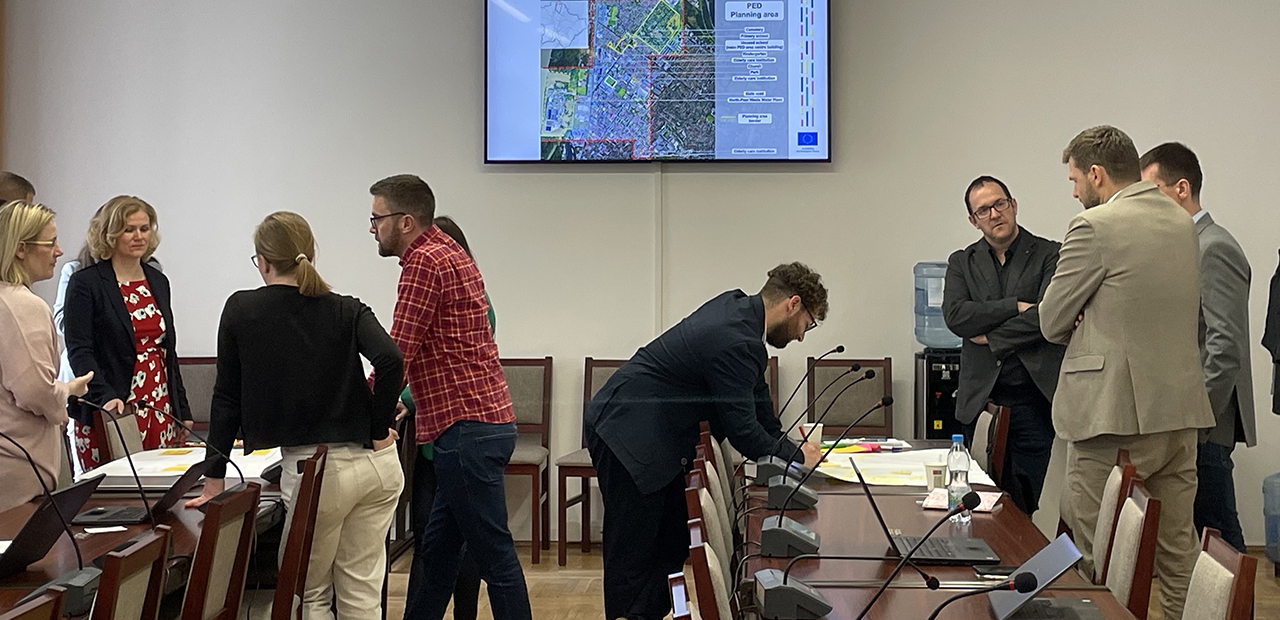
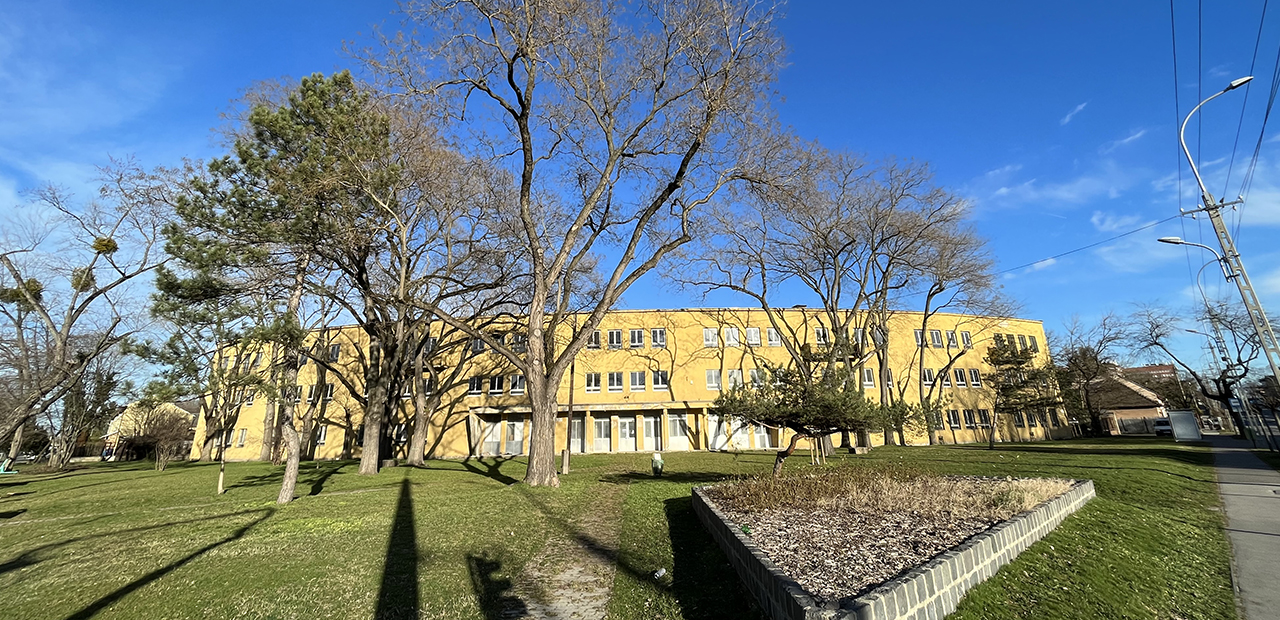
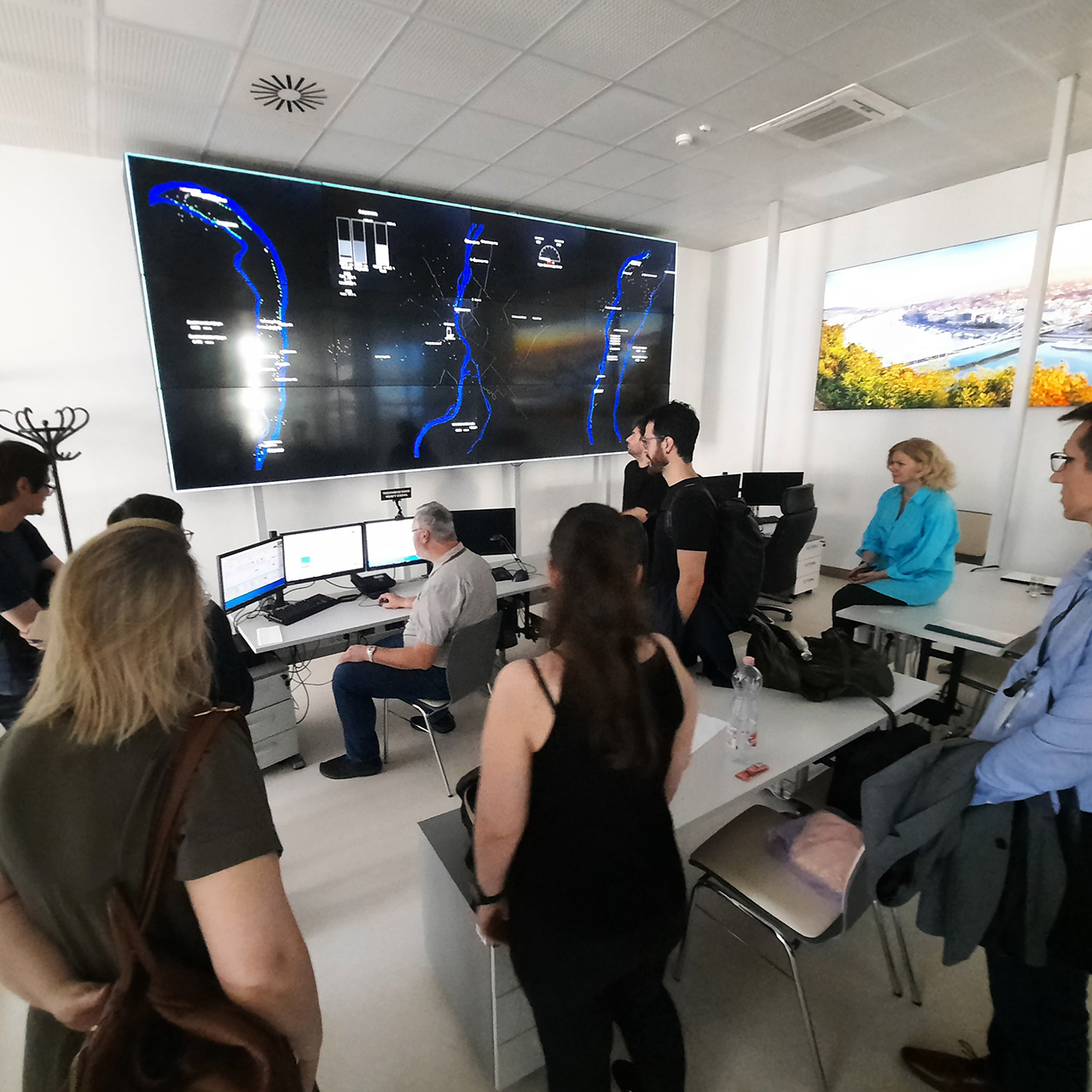
What is the expected impact of your pilot, locally, nationally or even EU-wise?
EU-wise: further testing of PCED areas; gathering data, methodologies, expertise and deliverables from project
Nationally: studying the setting-up of energy communities; know-how on identifying possible PCED areas; learning how to define a PCED area
Locally: learning about the operation of an energy community; lower energy cost for participants; first-of-its-kind PCED area in Budapest and much more.
What interventions, co-designs processes are planned for building and sustaining your energy community?
The main point is the facilitating role of 4th district municipality, that will be able to organise stakeholder meetings, share expertise and knowledge. The Municipality of the City of Budapest will be able to provide expert support and advise, the publication of further studies and lessons learned from related projects, and more. The recently established Climate Agency will support local people in the renovation of their homes, aiming to develop an ESCO model for households.
